Apple in November started releasing Macs with Apple-designed M1 chips, and the Apple silicon technology will eventually replace all the Intel chips that Apple has used in its Mac lineup for years.
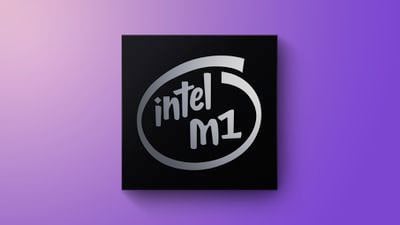
Intel appears to be having a difficult time with Apple's transition. Last week, the company launched an anti-M1 Mac ad campaign starring Justin Long, and now, Intel is pinning its hopes on manufacturing Apple silicon chips for Apple in the future.
Intel CEO Pat Gelsinger today shared some details on Intel's future plans, which includes the founding of a separate "Intel Foundry Services" business and two new chip factories that are being built in Arizona. Going forward, Intel wants to become a major provider of foundry capacity in the United States and Europe, manufacturing chips for other companies.
It's really funny to hear Pat Gelsinger at #IntelUnleashed name drop potential collaboration with Apple on the new foundry business after Intel spent the last week on an ill-advised ad campaign dunking on Apple.
I don't think the bridge is burned, it's just eyebrow-raising. — James Sanders (@jas_np) March 23, 2021
When discussing Intel's new plans, Gelsinger said that Intel plans to pursue Apple as a potential customer, which would see Intel producing Apple silicon chips for use in Apple devices if Apple does indeed decide to use Intel's services.
Gelsinger just said that Intel, which is ramping up a foundry business to manufacture chips for other companies based on their designs, will court Apple as a customer. The age of the Intel Mac might not be over just yet. — Harry McCracken (@harrymccracken) March 23, 2021
Right now, Apple relies on Taiwan Semiconductor Manufacturing Company (TSMC) to produce all of the A-series and Apple silicon chips used in the iPhone, iPad, Mac, and other devices. TSMC is Apple's sole supplier, so there's a chance that Apple and Intel could reach a deal that would allow Apple to diversify its supply chain.
IFS will be differentiated from other foundry offerings with a combination of leading-edge process technology and packaging, committed capacity in the U.S. and Europe, and a world-class IP portfolio for customers, including x86 cores as well as ARM and RISC-V ecosystem IPs.
If Intel wants to court Apple for future chip orders, the anti-Apple ads the company is running now may be unwise. Intel hired former "I'm a Mac" actor Justin Long to create a series of ads that compare the M1 Macs with Intel PCs in a way that positions Intel PCs as superior machines.
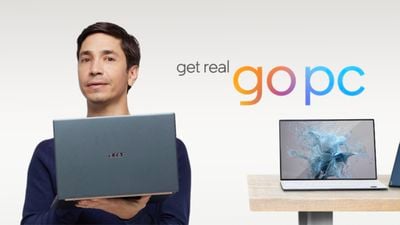
Intel's ads promote the flexibility of PC laptops and claim that no one uses Macs for gaming. The ads also make fun of the limited ports on Apple's Macs and call them out for a lack of touchscreens. Intel has been highlighting its anti-M1 content on Twitter and has even made a heavily biased website that pits PCs against M1 Macs.


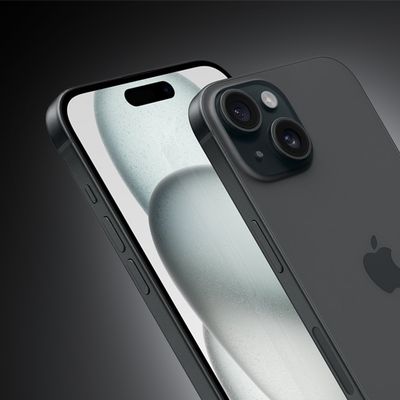

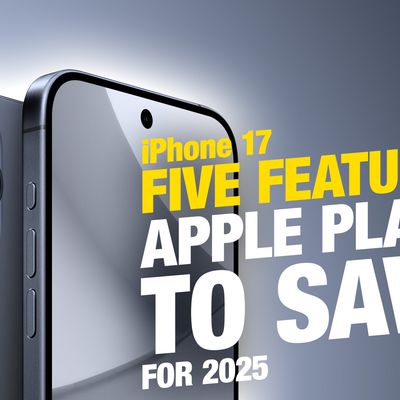
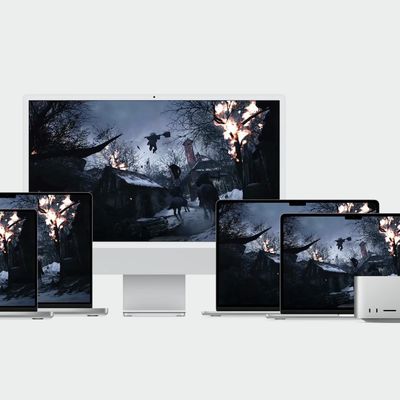

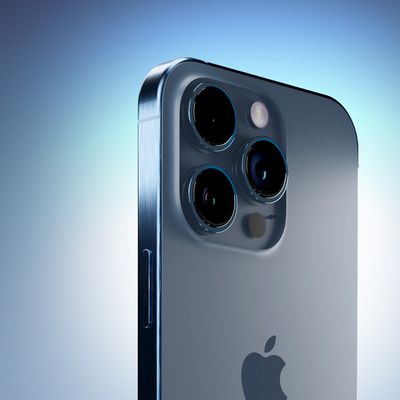











Top Rated Comments
Another big example is Samsung; Samsung definitely competes with Apple when it comes to the phones themselves, yet Apple buys a crapton of display panels and other parts from Samsung to make their phones!
Companies work together and compete at the same time constantly, it's not weird and it's rare that they "hate each other" for lack of a better term.
Also, you didn't just lose a contract, Intel, you fell behind. Good luck building Apple's 3nm chips.
Business is business.
?